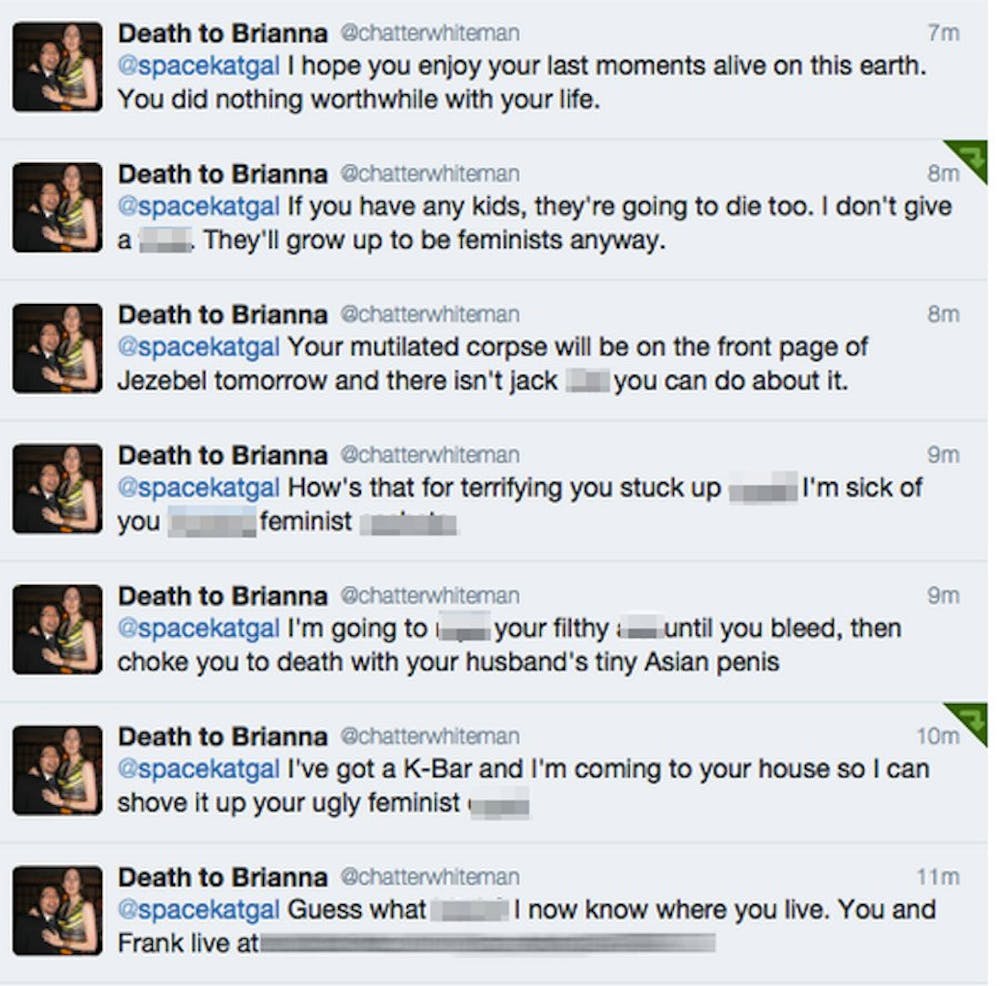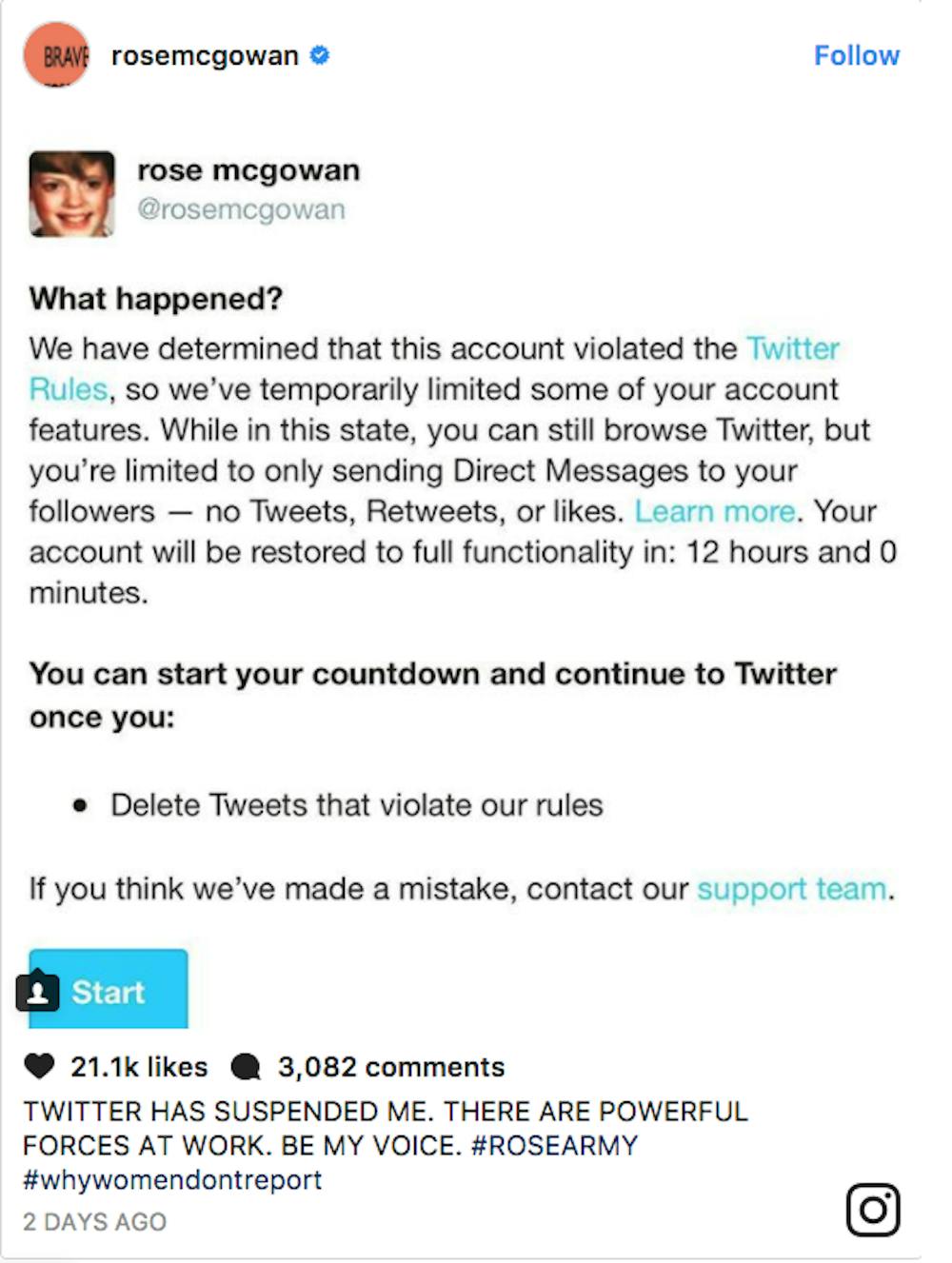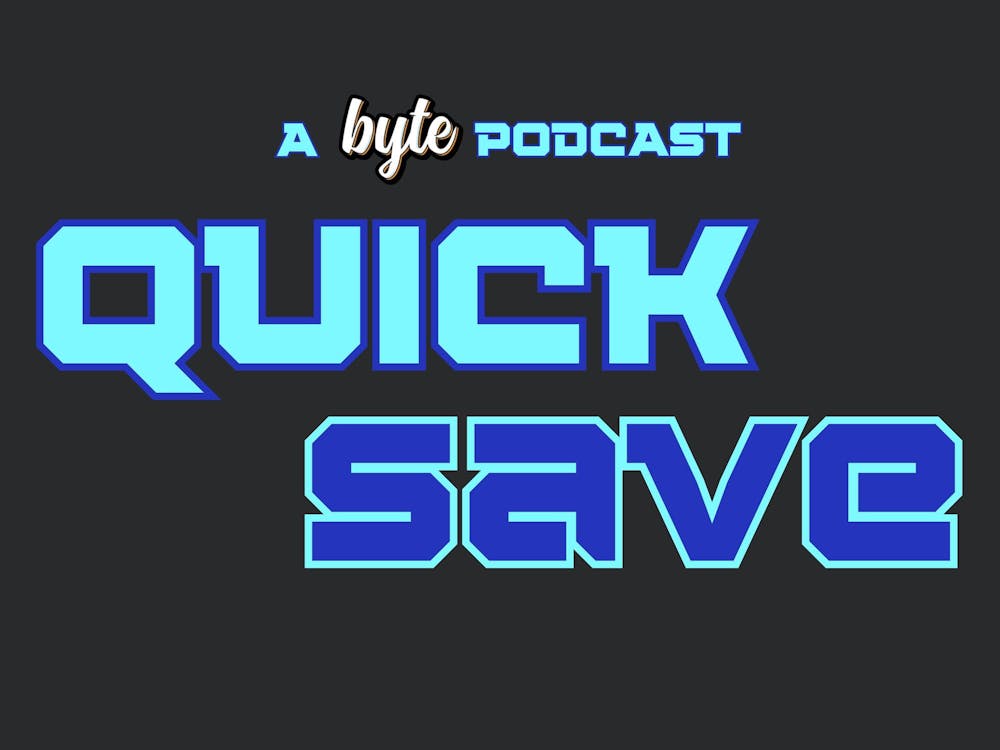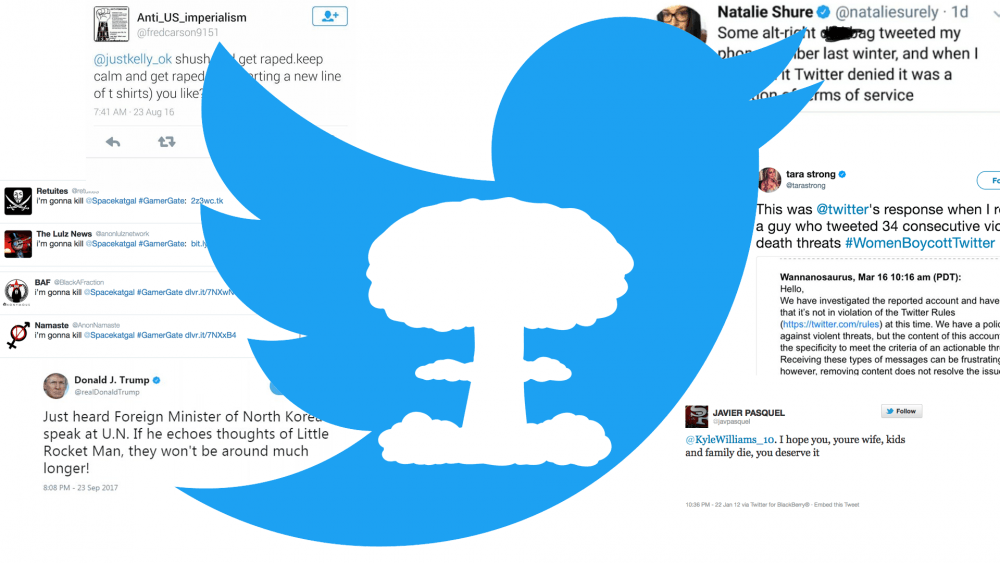By Daley Wilhelm The Internet is a wonderful, terrible and powerful thing. It’s a tool, and like all tools, it can be fashioned into a weapon quite easily. Cyberbullying has and probably always will happen, especially under the ambiguous ways various harassment laws address it. In some cases, provisions for cyberbullying don't exist at all. Twitter has often been criticized for allowing a toxic environment where rape threats are the norm on their platform. In 2015, former Twitter CEO Dick Costolo said in an internal memo, "We suck at dealing with abuse and trolls on the platform and we've sucked at it for years. It's no secret and the rest of the world talks about it every day. We lose core user after core user by not addressing simple trolling issues that they face every day." This was in response to the incident at hand back then. Feminist writer Lindy West had been getting deluge after deluge of abusive tweets, including from one account fashioned to appear to be her recently deceased father. Around the same time, Anita Sarkeesian, known for her Games vs Tropes series was receiving graphic threats via Twitter, some of which included the names of her family and her home address. It was a quote from West that originally prompted Costolo to admit that Twitter hadn’t necessarily been doing it's utmost to prevent these situations.
I’m aware that Twitter is well within its rights to let its platform be used as a vehicle for sexist and racist harassment. But, as a private company – just like a comedian mulling over a rape joke, or a troll looking for a target for his anger – it could choose not to. As a collective of human beings, it could choose to be better. -- Lindy West, What happened when I confronted my cruellest troll

#WomenBoycottTwitter

Nuclear War is Fine
Holocaust-denying bots Sarah Sanders said Just yesterdayThe Verge The Guardian Slate The New York Times Mashable CNN Independent Instagram Business Insider



















